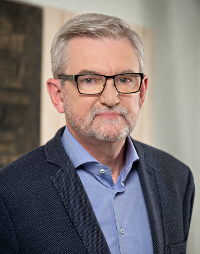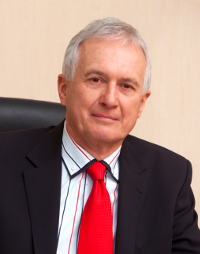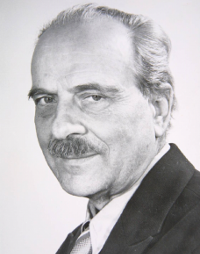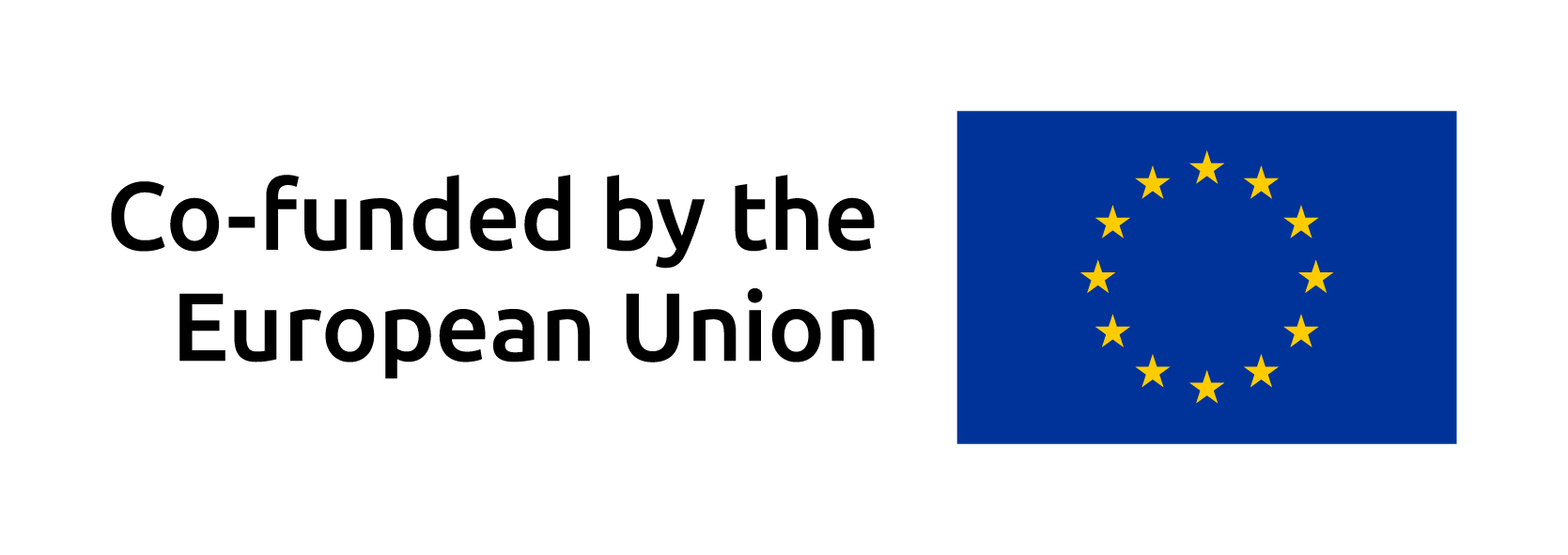April 1, 2024:
Prof. Maciej Giefing appointed as the Institute of Human Genetics PAS in Poznań Director for the term of office 2024-2028.
July 27, 2021:
Establishment of the PANAKEA imaging laboratory with a broad spectrum of integrated specialized techniques for comprehensive in vivo tissue and cell imaging.
Link: https://igcz.poznan.pl/en/other-events/new-investment-in-the-institute/
June 22, 2021:
Founding of the Innovative Medical Center (ICM) along with a core facility for confocal microscopy and next-generation sequencing equipment.
Link: https://icm.igcz.poznan.pl
April 1, 2020:
The Institute was included on the Ministry of Health’s list of COVID-19 laboratories and was granted the designation of a licensed healthcare provider.
https://igcz.poznan.pl/warto-przeczytac/patent-w-diagnostyce-raka-piersi-dla-igc-pan/
.
October 1, 2019:
Establishment of the Poznań Doctoral School of IHG PAS.
Link: https://igcz.poznan.pl/en/phd-studies/poznan-doctoral-school-of-institutes-of-pas/
January 18, 2019:
The ‘HR Excellence in Research’ distinction was awarded to the Institute by the European Commission.
link: https://igcz.poznan.pl/en/hrs4r/implementation/
March 23, 2018:
Establishment of the International Doctoral Studies at IHG PAS.
Link: https://igcz.poznan.pl/en/phd-studies/international-doctoral-school/
June 7, 2017:
Commencement of the annual ‘Antoni Horst Memorial Lectures’ series, initiated with a lecture by Prof. Dr. hab. Maciej Nałęcz titled ‘The Additional Power of Science – The Example of UNESCO and Effective Scientific Diplomacy
Link: https://igcz.poznan.pl/dzialalnosc-naukowa/popularyzacja-nauki/antoni-horst-memorial-lectures/
December 1, 2016:
Establishment of the „Gen-i-już” association .
Link: https://igcz.poznan.pl/dzialalnosc-naukowa/popularyzacja-nauki/stowarzyszenie-gen-i-juz/
October11, 2016:
Creation of the Department of Genetic Engineering (DGE).
Link: https://igcz.poznan.pl/en/structure/department-of-genetic-engineering/
2016-2024:
Prof. Michał Witt served as Director of the Institute of Human Genetics PAS.
25 June, 2014:
40th anniversary of the Institute of Human Genetics PAS.
July 8, 2011:
Establishment of an animal storage facility, which became part of the experimental units of the Ministry of Science and Higher Education (listed as No. 85).
Link: https://igcz.poznan.pl/en/structure/animal-repository/
17 June, 2011:
Unveiling of a commemorative plaque dedicated to Professor Antoni Horst. The ceremony took place on the 50th anniversary of the meeting of the Committee of Human Genetics and Molecular Pathology Sciences, chaired by Professor Horst for 30 years.
29 November, 2010:
The right to confer habilitations in the field of medical sciences (in the discipline of medical biology).
12 December, 2005:
The first doctoral thesis defence at IHG PAS.
14 July, 2003:
The death of Professor Antoni Horst, the initiator and first head of the Department of Human Genetics (DHG) at the Medical Academy in Poznań (1963-1974) and the head of DHG PAS (1974-1985).
1 April, 2003:
Transformation of the DHG PAS to the Institute of Human Genetics PAS (in accordance with Decision No. 6/2003 of the President of the Polish Academy of Sciences, dated 20 March 2003).
2002:
The right to confer doctoral degrees in the field of medical sciences (the discipline of medical biology).
1999:
Extension of the DHG building.
1985 – 2016:
Prof. Jerzy Nowak served as Head of the Department of Human Genetics PAS and later as Director of the Institute of Human Genetics PAS.
1985:
Transfer of the DHG to a newly constructed pavilion (Strzeszynska Street, Poznań).
1974:
Foundation of the Department of Human Genetics at the Polish Academy of Sciences located in the Collegium Anatomicum of the Medical Academy (Swiecickiego Street, Poznań).

Prof. Michał Witt, MD, PhD, DSc
Director of the Institute of Human Genetics, Polish Academy of Sciences (2016–2024)
A graduate of the Faculty of Biology (specializing in molecular biology) at Adam Mickiewicz University in Poznań, he holds a PhD in natural sciences and a medical degree from the Faculty of Medicine at the Poznań University of Medical Sciences. He holds the title of Professor of Medical Sciences. He is an academic lecturer, Chairperson of the Committee of Human Genetics and Molecular Pathology of the Polish Academy of Sciences (since 2020), a corresponding member of the Polish Academy of Arts and Sciences, co-founder and editor of the Journal of Applied Genetics, and a member of numerous scientific councils, committees, and societies. Professor Witt has been affiliated with the Institute of Human Genetics, PAS since 1981, serving as Head of the Department of Molecular and Clinical Genetics from 1997 to 2024. His main scientific interests include the molecular genetics of hereditary respiratory diseases (such as cystic fibrosis and primary ciliary dyskinesia), molecular aspects of hemato-oncological diseases and bone marrow transplantation, as well as legal and bioethical issues in medical genetics. Additionally, he is a lover of culture and the arts, and the initiator of the Scientia et Arte series at the Institute of Human Genetics PAS.

Prof. Jerzy Nowak, MD, PhD, DSc
Director of the Institute of Human Genetics, Polish Academy of Sciences (2003–2016)
Head and Director of the Department of Human Genetics, PAS (1986–2003)
Director of the Institute of Human Genetics, Polish Academy of Sciences (2003–2016). Head and Director of the Department of Human Genetics, PAS (1986–2003). A graduate of the Faculty of Medicine at the Poznań University of Medical Sciences, he holds a PhD in medical sciences specializing in human genetics, a postdoctoral degree (DSc) in immunology, and the title of Professor of Medical Sciences. An academic lecturer, he is the initiator, co-founder, and long-time president of the Polish Society of Human Genetics and the Polish Society of Molecular Medicine, as well as a member of numerous scientific societies, councils, commissions, and committees. Affiliated with the Institute of Human Genetics PAS since 1974, he served from 1976 to 2016 as the head of the Immunogenetics Team, which later evolved into the Department of Molecular Pathology. His main scientific interests include: surface receptor diversity of B and T lymphocytes, the role of genetic and viral factors in the development of multiple sclerosis, experimental gene therapy for cancer, genetic aspects of hepatitis C, the role of telomerase in tumorigenesis, and the influence of risk genes on cancer development. In addition, he is a martial arts enthusiast (black belt in karate) and an extreme sports aficionado—an experienced Himalayan climber and participant in .

Prof. Antoni Horst, MD, PhD, DSc
Head of the Department of Human Genetics, PAS (1974–1985)
In preparation.
Publication Highlights



